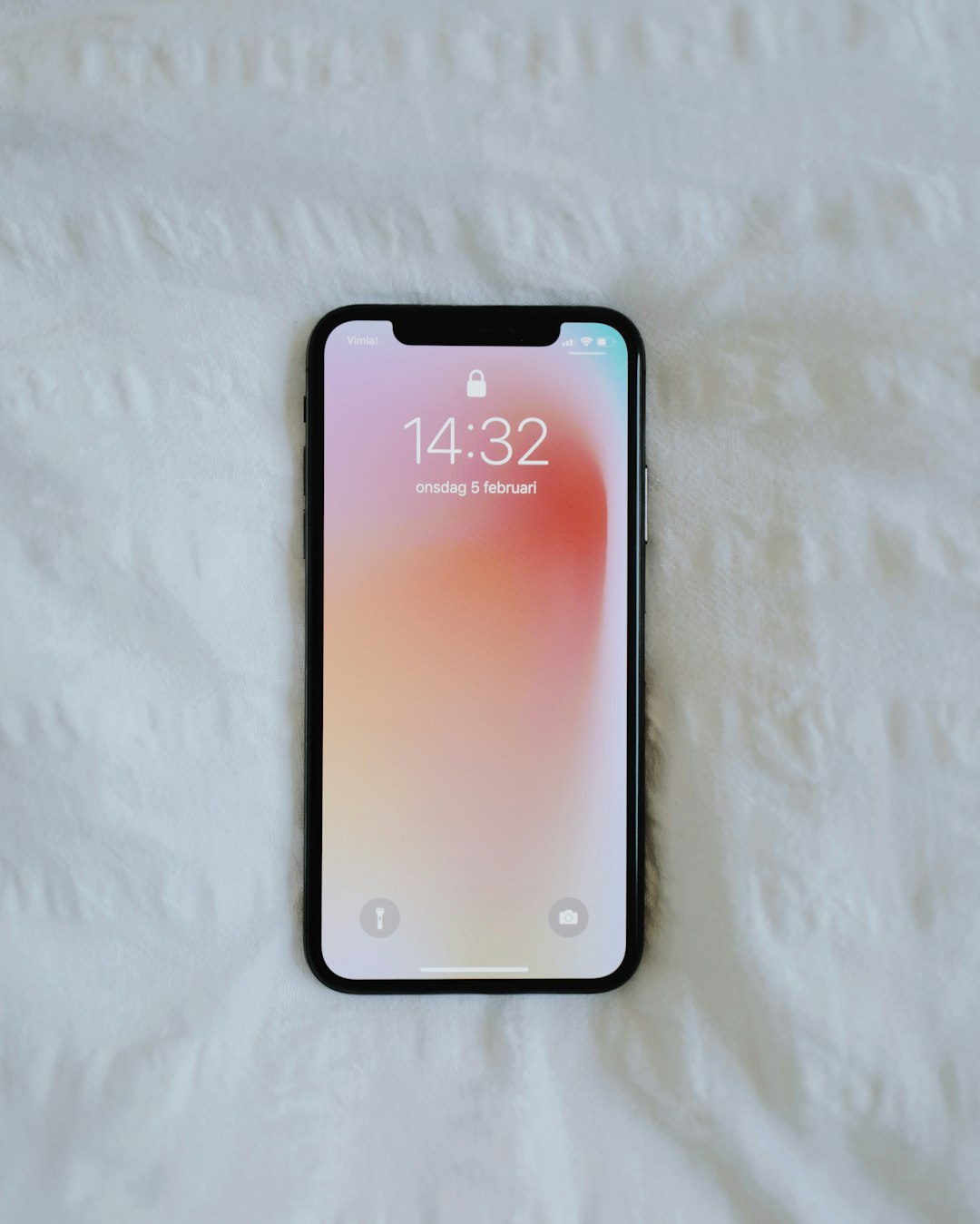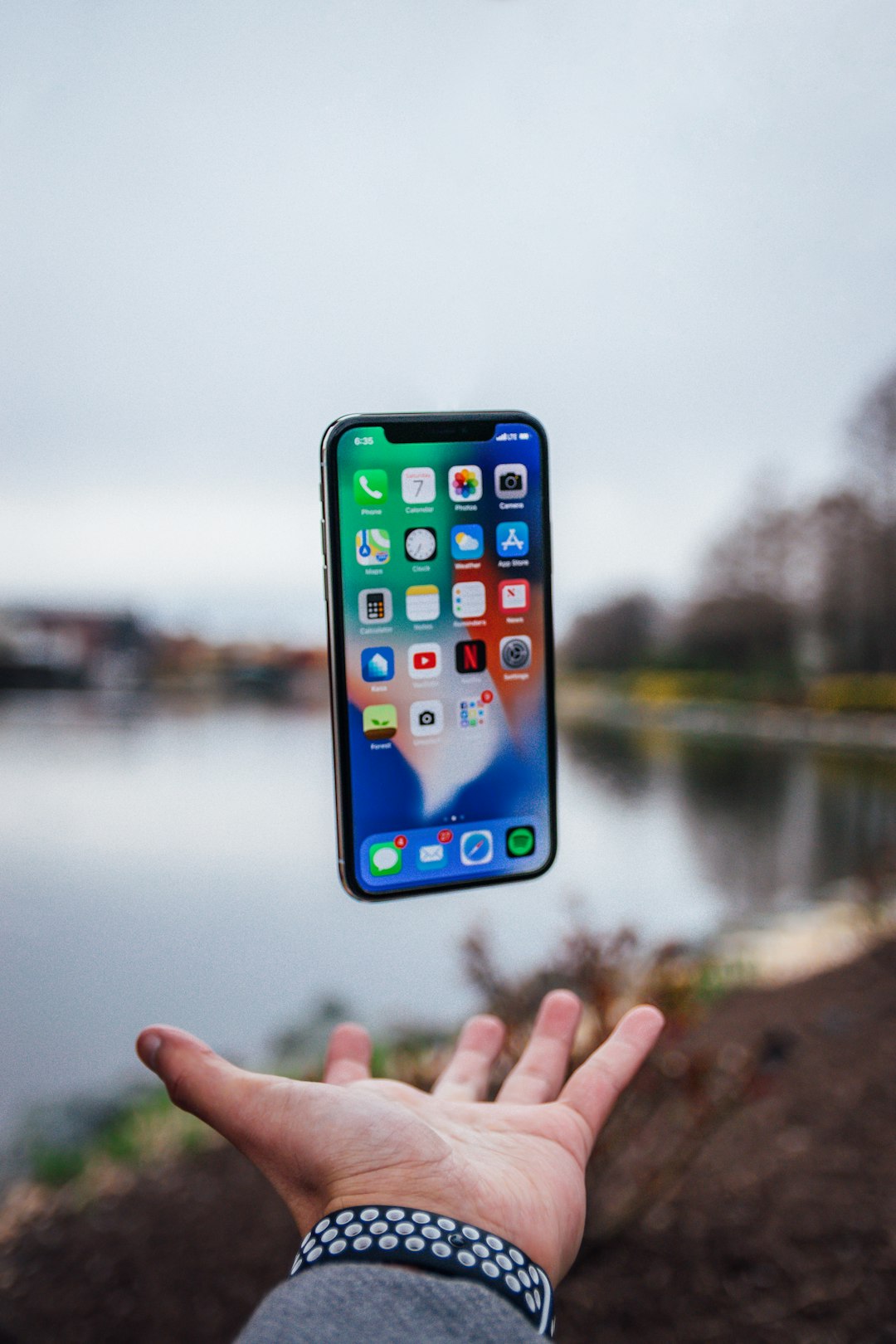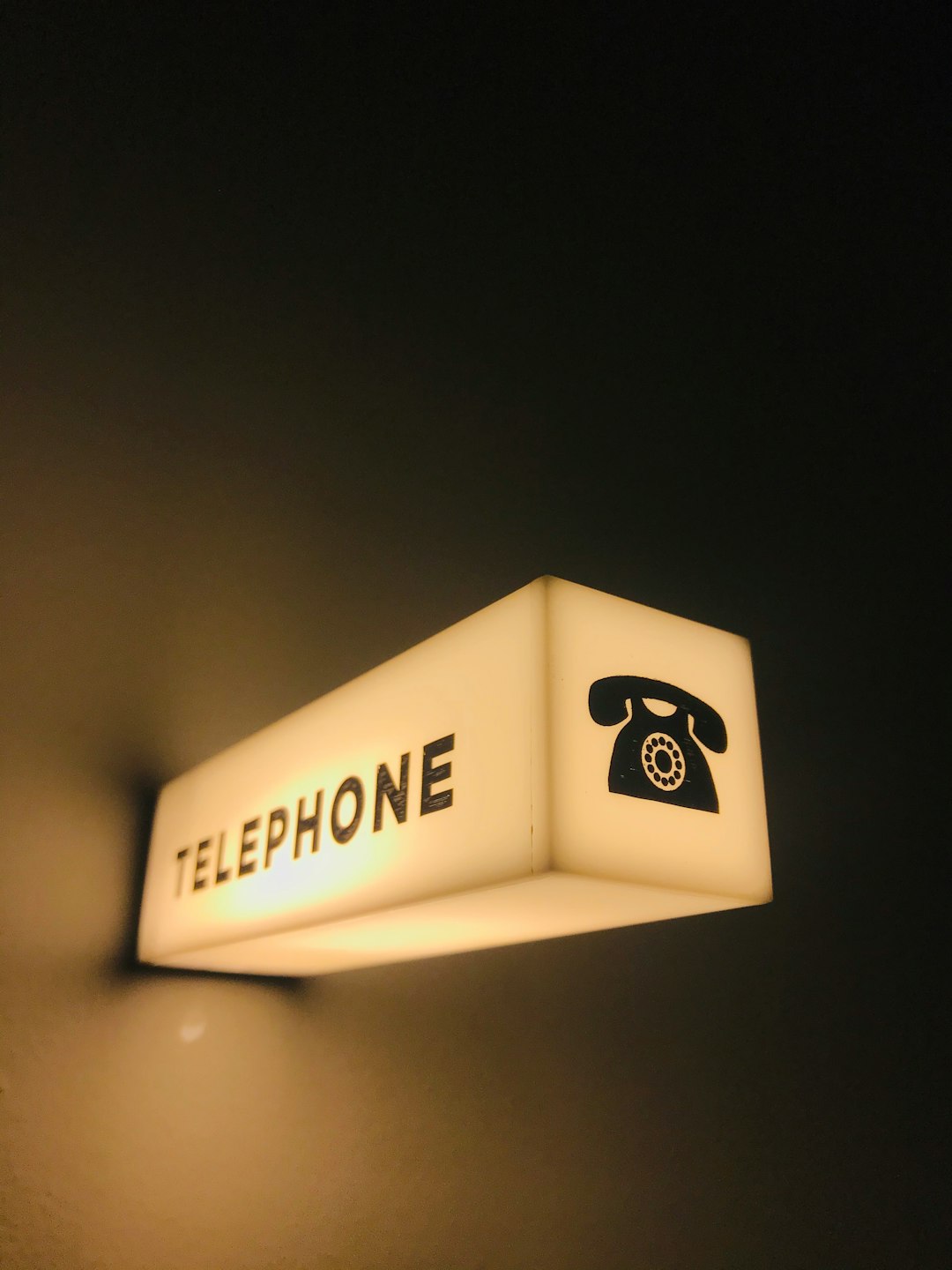Robocalls, commonly used by businesses like Shenvalee Golf Resort, are automated mass calls that can lead to decreased customer satisfaction and legal issues under Virginia's consumer protection laws. Virginia has state (VCPA) and federal (TCPA) regulations prohibiting unfair telemarketing practices, allowing consumers to sue for damages without prior consent. Shenvalee Golf Resort can reduce unwanted calls by implementing a do-not-call list, advanced call screening, partnerships with anti-telemarketing providers, and educating staff/guests. Consulting a legal expert on Can I Sue For Robocalls Virginia is crucial to understand options and navigate potential lawsuits resulting from persistent robocalls.
“Shenvalee Golf Resort, a haven for golf enthusiasts, faces an unexpected challenge—annoying robocalls. These automated telemarketing calls are not only disruptive but also pose significant risks to businesses across Virginia. With the right legal framework in place, Shenvalee can protect its operations and patrons. This article explores effective strategies against unwanted calls and delves into the legal options available for businesses considering action, especially regarding robocalls in Virginia, including the potential for suing telemarketers.”
Understanding Robocalls and Their Impact on Businesses

Robocalls, an increasingly common nuisance for businesses and individuals alike, are automated phone calls that deliver pre-recorded messages en masse. Often used by telemarketers or scammers, these calls can have a significant impact on operations, particularly for smaller businesses like Shenvalee Golf Resort. Beyond frustration and wasted resources, frequent robocalls can lead to decreased customer satisfaction and even legal repercussions under Virginia’s consumer protection laws, including the possibility of suing for damages.
In Virginia, businesses face unique challenges when dealing with robocalls, as state regulations aim to safeguard consumers from deceptive or annoying practices. Understanding these rules is crucial for any entity looking to protect itself from financial loss or reputational damage caused by unwanted calls. By recognizing the legal avenues available, Shenvalee Golf Resort and others facing similar issues can take proactive measures to mitigate the effects of robocalls and ensure a more secure business environment.
Legal Framework for Dealing with Telemarketers in Virginia

In Virginia, the legal framework for dealing with telemarketers, including robocalls, is primarily governed by the Virginia Consumer Protection Act (VCPA). This act prohibits unfair or deceptive practices in trade and commerce, including unsolicited telephone marketing calls. If you’ve received unwanted robocalls, you may have legal recourse. The VCPA allows consumers to take action against businesses that violate the law, potentially seeking damages for harassment, invasion of privacy, or emotional distress caused by persistent telemarketing calls.
Additionally, the Telephone Consumer Protection Act (TCPA), a federal law, complements Virginia’s state laws. It provides further protections and gives consumers the right to sue for damages if they’ve experienced robocalls or automated messaging without prior consent. If you wish to take legal action, it’s important to gather evidence such as call records and any communications related to the robocalls. Understanding your rights under these laws can empower you to combat pesky telemarketers and potentially seek compensation for any distress caused by unwanted calls in Virginia.
Strategies Shenvalee Golf Resort Can Employ to Combat Unwanted Calls

Shenvalee Golf Resort, like many businesses, faces the challenge of unwanted phone calls from telemarketers and robocalls. To combat this nuisance, several effective strategies can be employed. Firstly, implementing a comprehensive do-not-call list is essential. Guests and potential patrons should have the option to opt-out of receiving marketing calls, and the resort must respect these choices. Secondly, advanced call screening technologies can help identify and block automated or unknown callers, significantly reducing the volume of unwanted interactions.
Additionally, the resort could consider partnering with communication service providers that offer robust anti-telemarketing solutions. Educating both staff and guests about recognizing robocalls and reporting them to relevant authorities is crucial. In Virginia, for instance, understanding local laws regarding robocalls can empower individuals to take legal action if they’ve been targeted unlawfully, as per the Telemarketing Act of 1973.
Can Shenvalee Take Legal Action: Exploring the Option of Suing for Robocalls

Shenvalee Golf Resort, like many businesses across Virginia and beyond, has likely encountered the nuisance of unwanted robocalls. These automated phone calls, often from telemarketers, are a common frustration for consumers but may also have legal implications. In Virginia, there are strict regulations in place to protect residents from excessive or deceptive telemarketing practices.
If Shenvalee believes that its privacy has been invaded and operations disrupted due to persistent and unlawful robocalls, they may consider taking legal action. According to the Virginia Code, businesses can sue for damages caused by unsolicited telephone calls, including harassment, invasion of privacy, or business disruption. Consulting with a legal expert specializing in consumer protection laws is advisable to understand the options available under Can I Sue For Robocalls Virginia and navigate the potential lawsuit process effectively.






